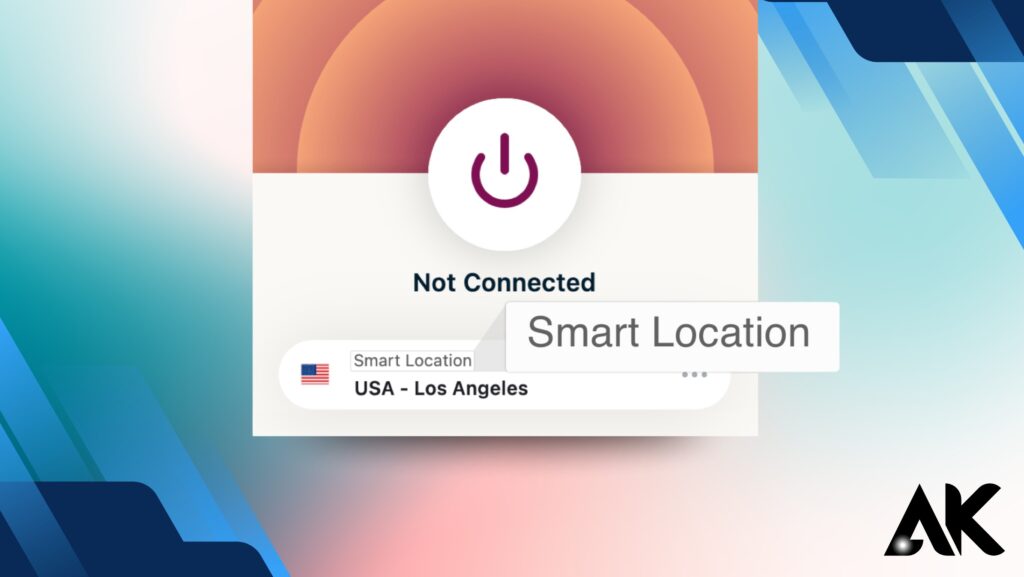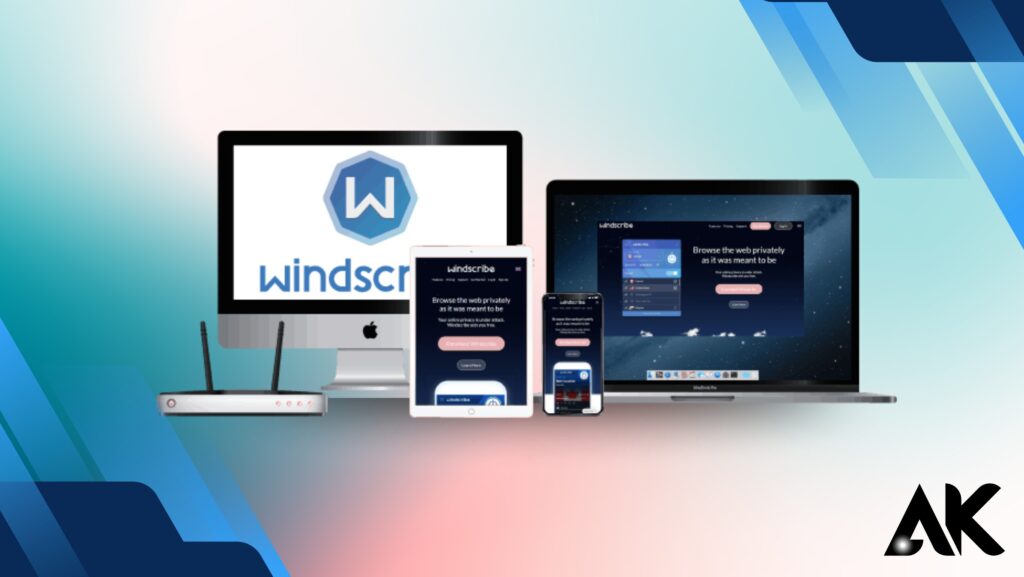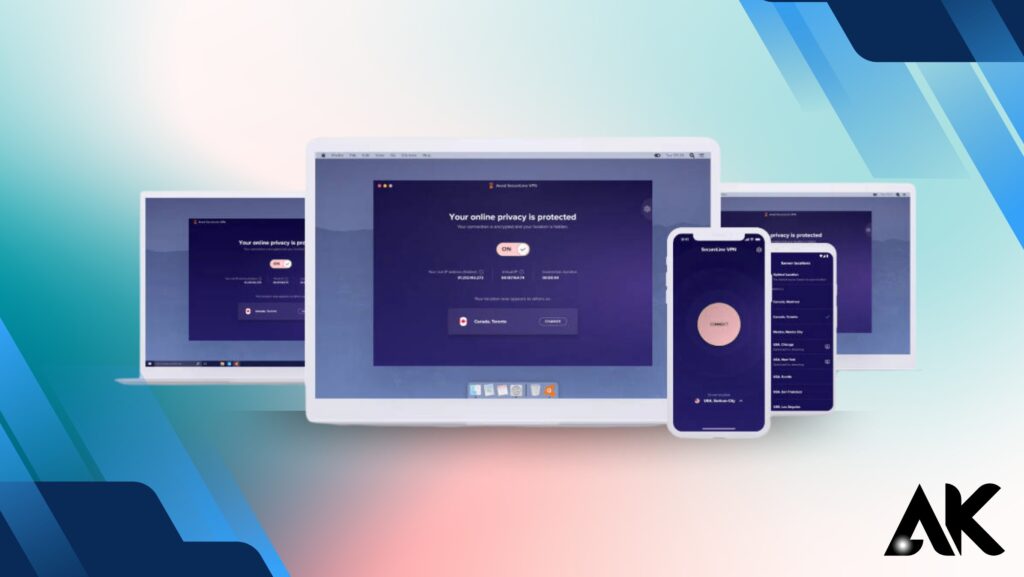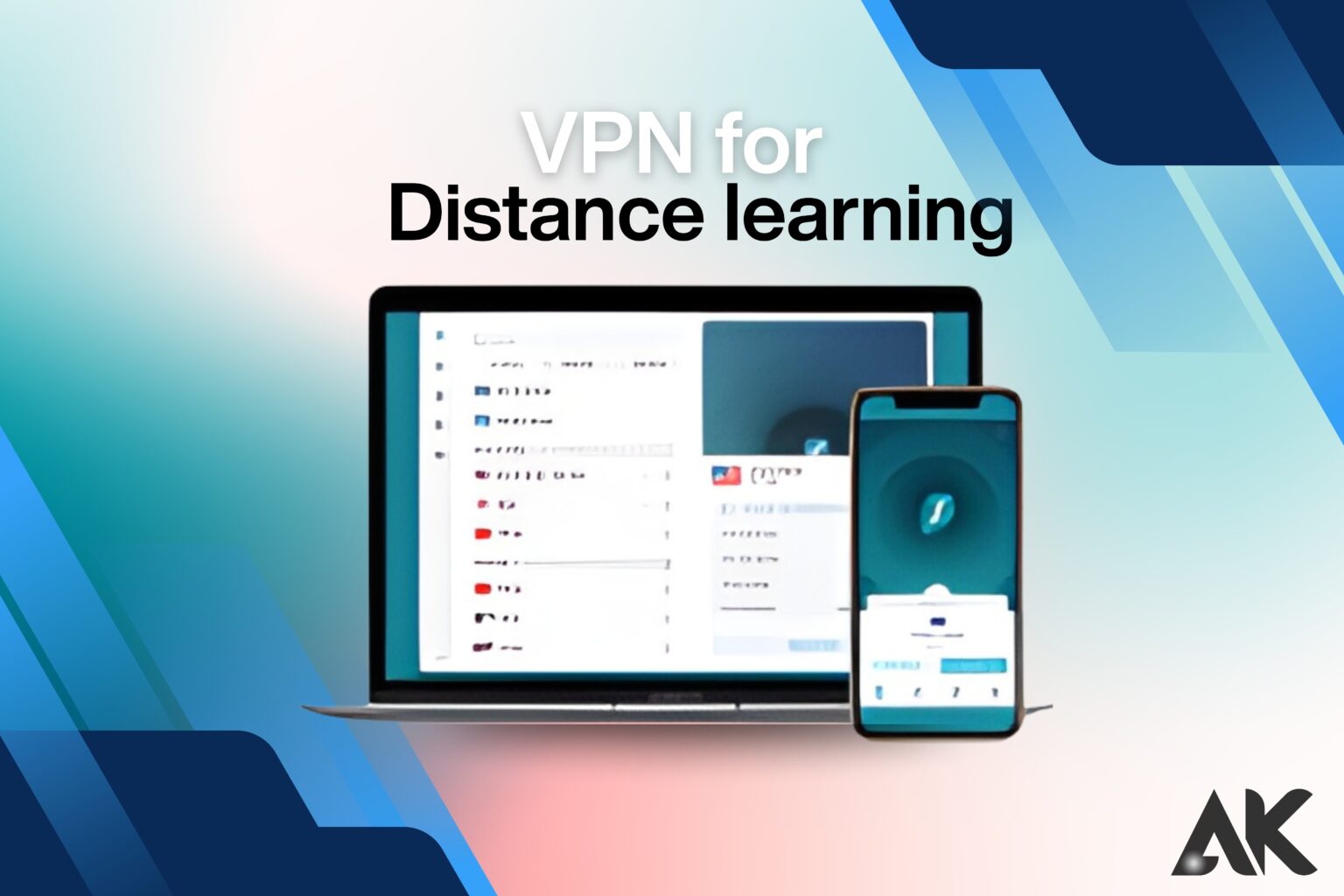Have you ever wished that your online education might be more secure and seamless? Yes, using a VPN, is the straightforward response. One of the best decisions a student or teacher can make is to use a vpn for distance learning. No matter where you are, it guarantees a steady connection, allows you access content that is blocked, and safeguards your personal information.
A VPN provides both security and flexibility in the modern digital classroom, where access and privacy are more important than ever. A VPN protects the privacy and security of your online activities, whether you’re researching subjects, taking virtual classes, or downloading course materials.
In this article, we’ll look at 10 compelling reasons why utilizing a VPN for distant study is not only beneficial but also necessary. Let’s dive in and level up your learning!
What is a VPN and How Does It Work?

Between your device and the internet, a Virtual Private Network (VPN) builds a secure tunnel. Even while using public Wi-Fi networks, it keeps your online activities private and safe by hiding your IP address and encrypting your data.
Key Features of a VPN:
- Data encryption
- IP address masking
- Access to global content
- Secure browsing on public networks
Whether you’re a teacher giving lectures remotely or a student attending classes from home, a virtual private network (VPN) for distance learning provides accessibility and security features you might not have thought about.
Why a VPN for Distance Learning is a Game-Changer

Let’s examine the top ten compelling arguments for why everyone pursuing online education needs a VPN.
1. Protects Your Privacy Online
When learning online, privacy is a major concern. Hackers, your school, or even your ISP may keep an eye on your activities. By encrypting your connection, a VPN protects your data from prying eyes.
With a VPN:
- Your browsing history stays private
- Your IP address is hidden
- Your personal information is protected
2. Secure Access on Public Wi-Fi
A lot of students study in public places like cafés and libraries. Although handy, public Wi-Fi is dangerous. These networks are frequently used by hackers to intercept data.
Even on unprotected networks, a VPN makes sure your connection remains safe.
3. Bypass Geo-Restrictions
Not all educational materials are accessible everywhere. Depending on where you are, certain software, research papers, or movies may be blocked.
A VPN lets you:
- Access region-locked academic content
- Join virtual classes from anywhere
- Use services blocked in your country
This is especially useful for international students or those in countries with internet censorship.
4. Avoid Bandwidth Throttling
If you use too much bandwidth, your internet speed may occasionally be slowed down by your ISP. Live lectures and downloads may be ruined by this.
A VPN can:
- Mask your activity from your ISP
- Prevent throttling during video calls or large file downloads
- Keep your learning experience smooth and uninterrupted
5. Enable Safe File Sharing
Cloud storage and file-sharing services are frequently used for group work. These could be susceptible to online assaults.
Sensitive academic information is kept safe by using a VPN, which offers an encrypted file sharing path.
6. Access to Better Learning Tools
Certain software programs, instructional platforms, and even Google search results vary by location. Due to your position, you could be losing out on important resources.
With a VPN, you can connect through a server in another country and unlock:
- Research databases
- Free trials of premium learning tools
- Academic software not available in your region
7. Safer Communication with Teachers and Classmates
By default, video conferencing tools, emails, and online conversations are frequently unsecured.
A VPN:
- Encrypts communications
- Reduces the risk of being eavesdropped on
- Keeps your discussions and files private
A VPN makes sure that communication between you and your teacher remains private, whether you’re sending in assignments or talking about grades.
8. Supports Multi-Device Protection
Students utilize a variety of gadgets, including cellphones, tablets, and computers. The majority of VPNs protect your whole online classroom by supporting several devices under a single subscription.
| Device | VPN Protection Benefit |
|---|---|
| Laptop | Secure browsing and downloading |
| Smartphone | Safe mobile learning |
| Tablet | Protected app use |
| Smart TV | Stream educational videos safely |
Because of this, a VPN is a practical and affordable option for distant learners.
9. Stay Safe from Cyber Threats
Cyberattacks in education are rising. Phishing attempts, data breaches, and malware can disrupt your studies or steal your identity.
- A VPN adds a layer of defense by:
- Preventing hackers from targeting your network
- Blocking malicious websites
- Hiding your online presence
10. Peace of Mind While Learning
Finally, using a VPN when studying online just makes you feel more at ease. No matter where you are, you are aware that your connection is private, your data is secure, and your resources are available.
Recap: 10 Reasons to Use a VPN for Distance Learning

Here’s a quick summary of why a VPN is essential for distance learners:
- Keeps your online activity private
- Secures public Wi-Fi connections
- Unblocks restricted content
- Avoids ISP throttling
- Safeguards file sharing
- Unlocks global educational tools
- Encrypts your communications
- Protects all your devices
- Defends against cyber threats
- Brings confidence and calm to your study sessions
Choosing the Right VPN for Distance Learning
When selecting a VPN, consider these features:
- Strong encryption
- No-log policy
- High-speed servers
- Multi-device support
- Easy-to-use interface
- 24/7 customer support
Popular choices include NordVPN, ExpressVPN, and Surfshark — all offering plans that suit students and remote workers alike.
Final Thoughts
Protecting your online experience is essential at a time when digital learning is more than just a convenience—it’s a need. With a VPN for remote learning, you can be confident that your education will always be accessible, private, and uninterrupted. The advantages are indisputable, ranging from protecting public Wi-Fi to enabling access to global content.
Purchasing a VPN is about more than simply security; it’s about enhancing your learning. Begin wisely. Remain safe. Learn at your own pace.
FAQs
Question: What is a VPN for distance learning and why do I need it?
Answer: A VPN for distance learning is a tool that creates a secure, encrypted connection between your device and the internet while you study online. It helps protect your personal data, ensures privacy during virtual classes, and allows you to access region-restricted educational content. Whether you’re using public Wi-Fi or downloading course materials, a VPN keeps your information safe and your learning experience uninterrupted.
Question: How does a VPN improve my online learning experience?
Answer: Using a VPN for distance learning improves your experience by safeguarding your online activity from hackers, ISPs, or unauthorized monitoring. It also prevents bandwidth throttling, which can slow down video calls and downloads, and allows you to access restricted academic resources from anywhere in the world. With a VPN, you get a secure, reliable, and unrestricted learning environment.
Question: Is it legal to use a VPN for distance learning?
Answer: Yes, it’s legal to use a VPN for distance learning in most countries. A VPN simply enhances your online privacy and security while allowing access to necessary educational resources. However, always check your institution’s policies and local laws regarding VPN usage to ensure compliance.

